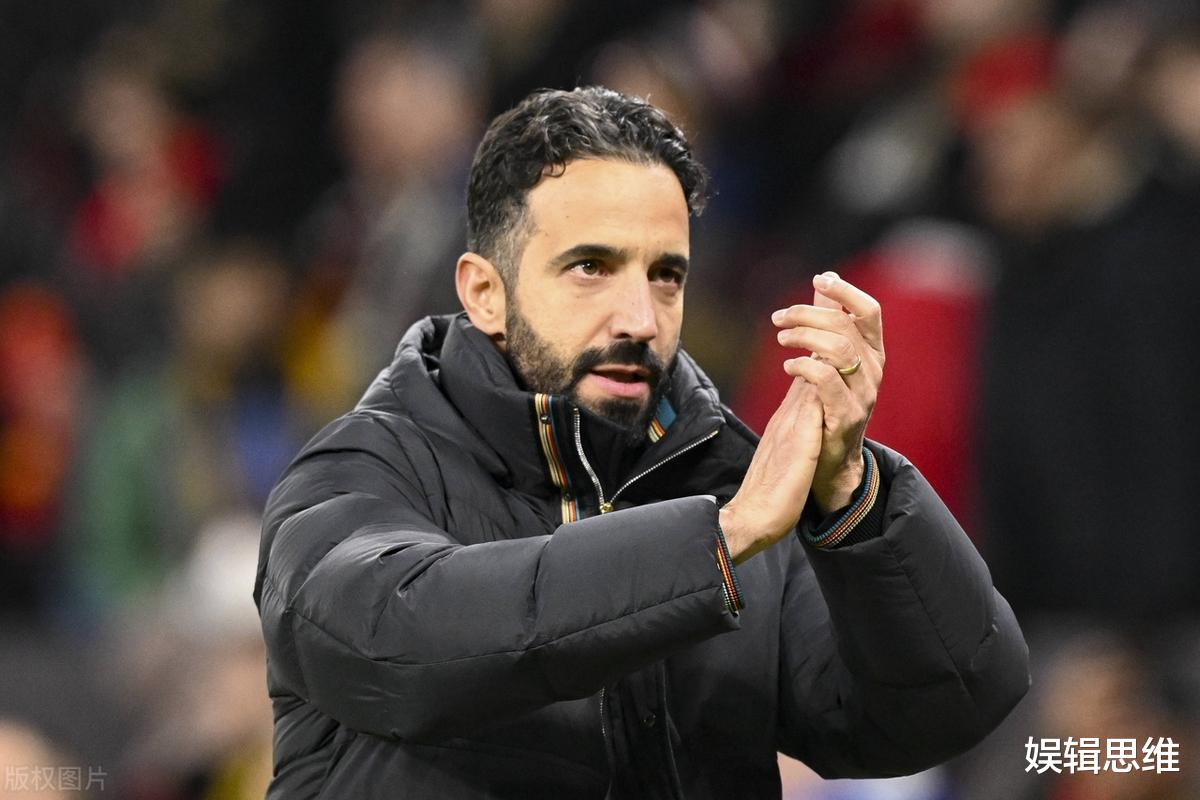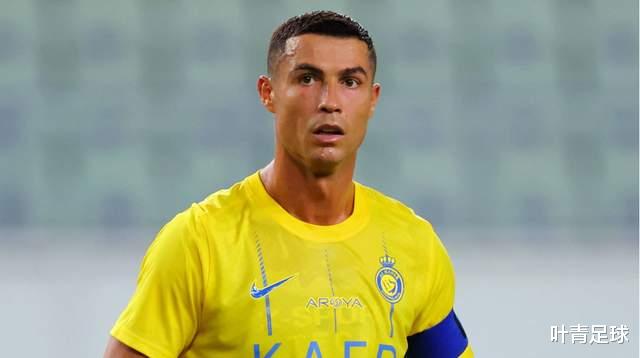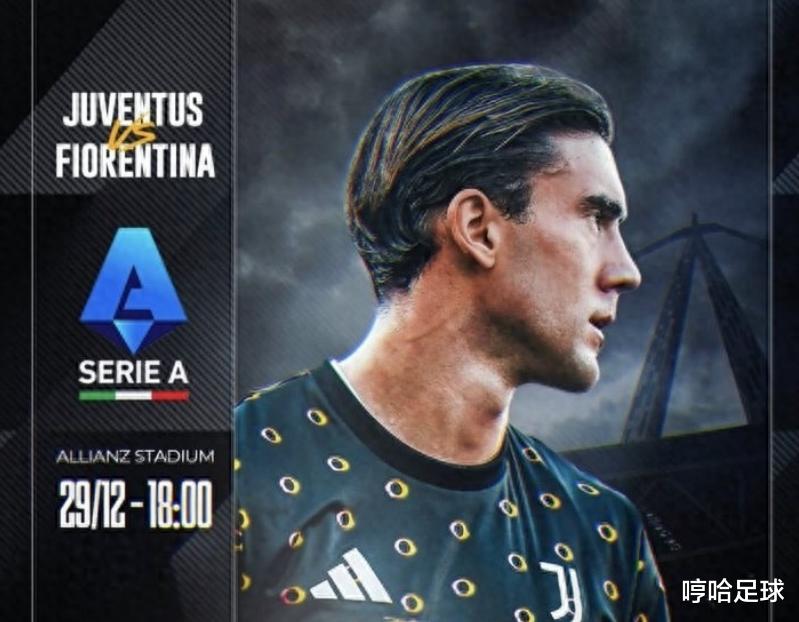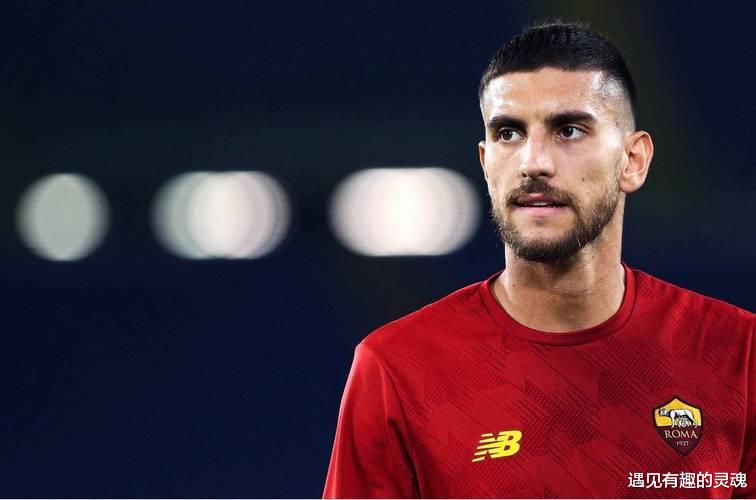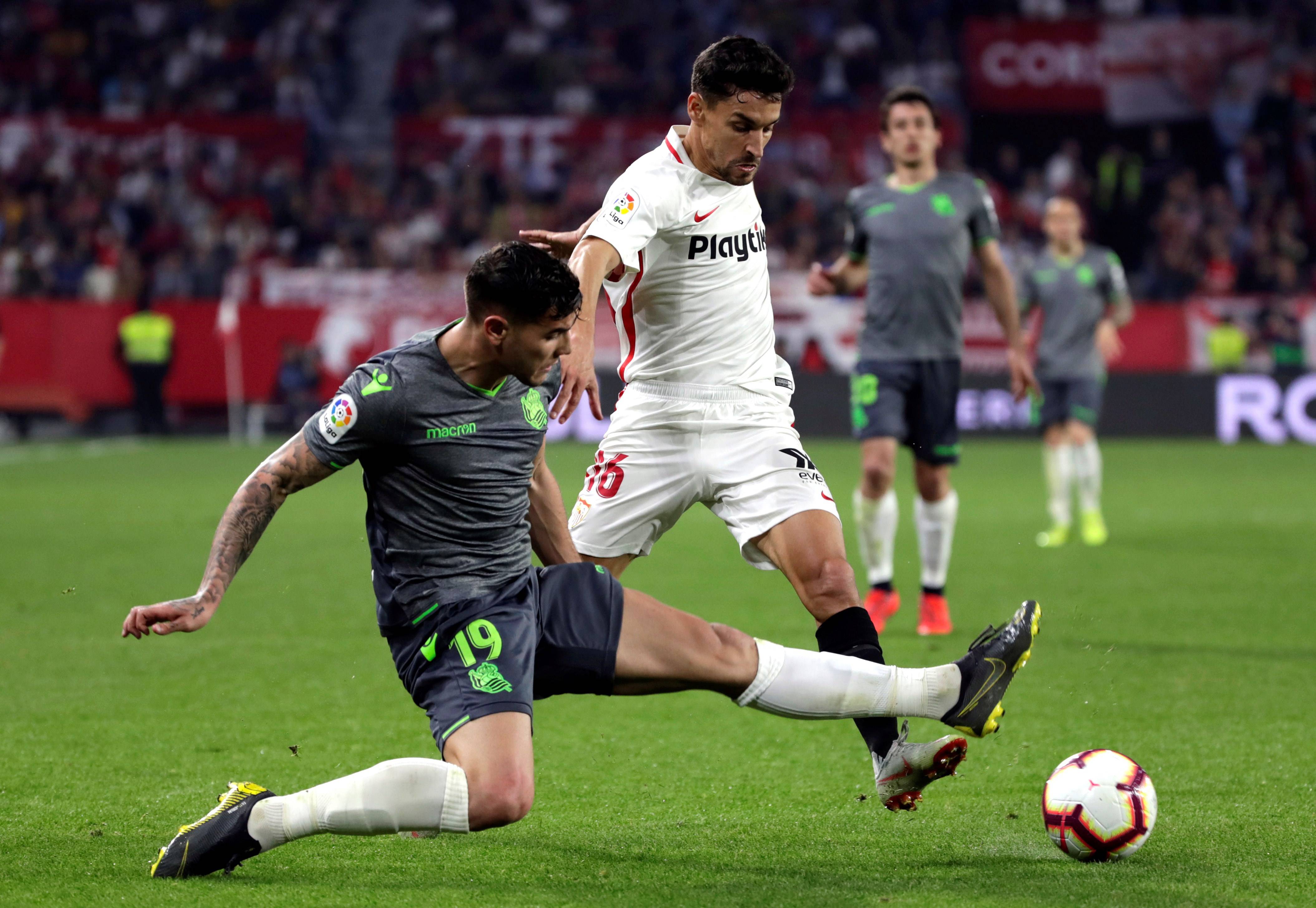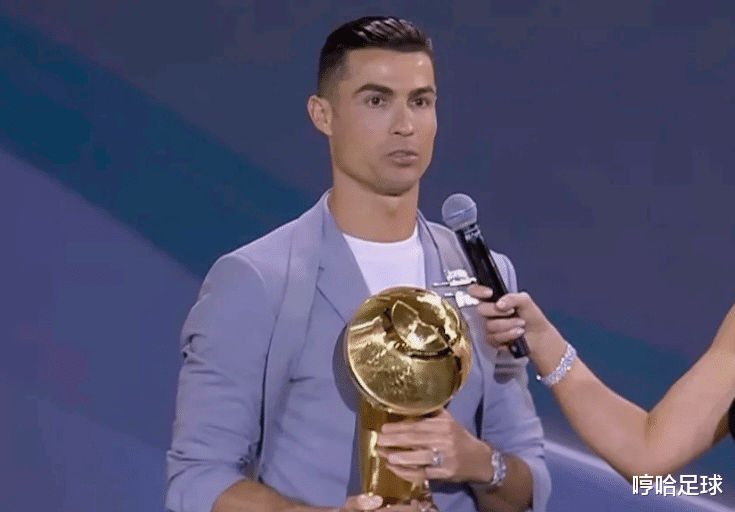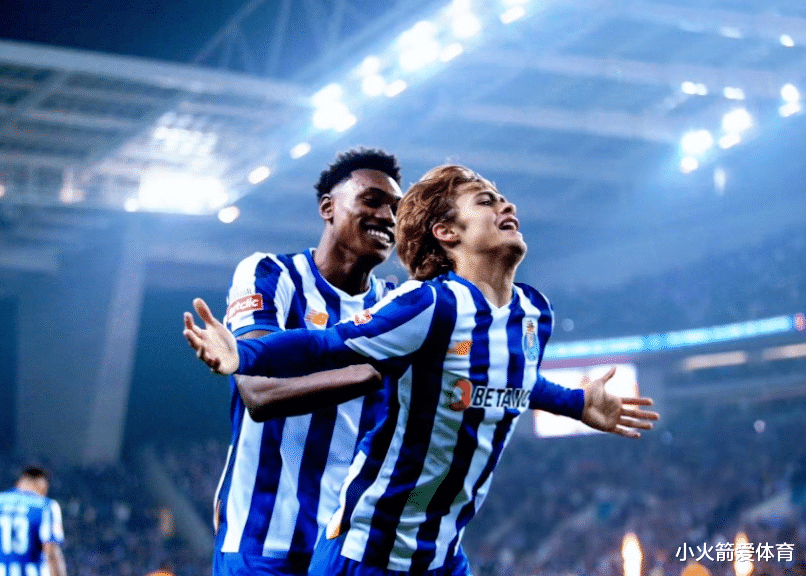The English Premier League season is already halfway through, with Liverpool leading the pack, Arsenal expected to falter as usual, Chelsea making a strong comeback, Manchester City experiencing a dramatic decline, and Manchester United replacing their manager, Ten Hag, mid-season. The new manager, Amorim, seems to be sinking deeper into trouble. Following Ten Hag's departure, the problems associated with his transfer strategy have begun to surface and explode. Players like Anthony and Mount were acquired for more than double their market value, while players like Zirkzee and Malacia struggle to perform even as starters on average teams. Hojlund and Jolo show potential but require continuous training and significant room for personal growth. Experienced players like Casemiro, Weghorst, and Evans are temporary solutions that cannot fundamentally solve the team's issues. Ten Hag's loyal players, such as De Ligt and Lima, have notable technical weaknesses and cannot guarantee reliable results for the team. It could be argued that Mourinho's era presented the best opportunity for Manchester United's transformation. However, the club's management was short-sighted, supporting troublemakers and forcing out the Portuguese coach, missing the chance for change. Subsequently, the club's problems became increasingly pronounced and sharp, accumulating to a point where they cannot be resolved simply by changing coaches or bringing in one or two new players. The market value of these overpriced, mediocre signings has severely diminished, making it difficult to offload them even at half price, stalling the team's rebuilding efforts. Therefore, the young Portuguese coach faces a heavy task. Despite his superior tactical concepts and ambitions, the effects will…
Farewell to 2024! The Football World Sees the Birth of 18 Records: Ronaldo Claims 5, Messi Makes the List 3 Times
As the year 2024 comes to an end, what historical records have been set in the world of football? Stars such as Cristiano Ronaldo, Lionel Messi, Yamaar, Pepe, Luka Modric, and Luis Suarez have all written their own legends. Let's take a look at the 18 records set this year and see which ones you've witnessed. [Fastest National Team Goal] On March 23, Austria defeated Slovakia 2-0 with Baumgartner scoring after just 6 seconds. [Longest Unbeaten Club Record for a Player] Rodri, the Ballon d'Or winner from Manchester City, set an incredible record of 74 unbeaten matches across all competitions. [Most League Golden Boot Records] After winning the Saudi Professional League (SPL) Golden Boot, Cristiano Ronaldo has now won the Golden Boot in four leagues: the English Premier League, La Liga, Serie A, and the SPL. [Continental Championship Trophy Record] Kroos, the German superstar from Real Madrid (now retired), holds 17 continental championship trophies. [Historical Appearance King] In May, Cristiano Ronaldo played his 1255th career match, becoming the player with the most appearances in history. [Youngest Player to Appear in European Cup History] At 16 years and 338 days old, Spanish prodigy Yamaar made his European Cup debut, setting a new record. [Oldest Player to Appear in the European Cup] Pepe, at 41 years and 130 days, set a legendary record in the European Cup. [America's Cup Appearance King] This year's America's Cup saw Lionel Messi become the player with the most appearances (39 matches) in the competition. [Longest Span of European Cup Appearances] Cristiano Ronaldo continues to hold the…
Juventus Misses the Mark! Misplaced Faith in Vlahovic, Letting Go of a Powerful Striker: 16 Games, 13 Goals Shining in Serie A
Juventus drew again, ending their Serie A match on December 30 with a 2-2 draw against Fiorentina at home. Juventus midfielder Khephren Thuram had an outstanding performance, scoring his first goal for Juventus and completing a brace. On the Fiorentina side, Kean scored, and Sottil equalized in the 87th minute. After the game, Juventus fans were disappointed with the team's management. Juventus made a mistake by trusting Vlahovic and letting go of a powerful center forward who has scored 13 goals in 16 games, shining in Serie A. Juventus remains unbeaten in Serie A this season but has drawn too many matches with 7 wins and 11 draws. Currently, Juventus has played one more round than Fiorentina, is level on points with them, and is ranked 6th, 9 points behind the top team Atalanta. Last season under Allegri's leadership, Juventus finished third in Serie A, but after Motta took over, Juventus seems to have regressed in terms of league results. In the match between Juventus and Fiorentina, Juventus' main center forward Vlahovic attempted four shots but failed to score, missing a great chance, with zero dribbles and zero key passes. He was successful in seven out of 18 duels, touched the ball 34 times, lost possession 13 times, and had a pass success rate of only 61%. Kean, who served as a substitute for Vlahovic last season, has shown his abilities this season at Fiorentina. In this match against Juventus, Kean outperformed Vlahovic with one goal and one assist. He scored with a header in the 38th minute, while Vlahovic's…
1:1! Four Rounds with Only One Win! European Giant Fires Head Coach, Portuguese Master to Take Over
Time flies, and before we know it, 2024 is about to say goodbye to us. At this end of the year and the beginning of the new year, for the European football world, some leagues and teams have entered the winter break, while others still have to complete various competitions. Now that the season is halfway through, some big-name teams' performances have not met expectations, putting pressure on their coaches. For example, Pep Guardiola of Manchester City, Ange Postecoglou of Tottenham Hotspur, Omer Toprak of Borussia Dortmund, Andrea Pirlo of Juventus, and even Jose Mourinho of Fenerbahce have faced criticism and the potential of being sacked. However, it is not uncommon for big-name teams to change coaches this season. After Manchester United, Roma, and Valencia, another strong team has changed its head coach. This team is the Serie A giant AC Milan. At 3:45 am Beijing time on December 30th, the 18th round of Serie A continued, with a focus match where "Rossoneri" AC Milan drew 1-1 at home against the visiting "Giallorossi" Roma. In the last four rounds of Serie A, they only managed one victory. Currently, after 17 games, they have 7 wins, 4 draws, and 6 losses, accumulating 27 points and ranking eighth in the league table. After the game, AC Milan's head coach Paulo Fonseca personally admitted that he had been fired by the club, ending his short tenure at AC Milan that lasted less than six months. This summer, the old coach Stefano Pioli, who coached AC Milan for four years, announced his departure. Subsequently,…
Million-Euro Salary Not Enough to Resist Inter Milan's Temptation? Will Pellegrini Really Choose to Stay with Roma?
In the fierce competition of Italian football, every player's transfer touches the hearts of countless fans. And as the winter transfer window is about to close, a transfer news from Inter Milan has once again sparked heated discussions among fans. According to well-known journalist Daniele Aloisi, Inter Milan plans to introduce Roma captain Pellegrini next summer, which undoubtedly dropped a bombshell on the originally calm transfer market. As the captain of Roma, Pellegrini's performance on the field has always been highly regarded. He possesses excellent passing and organizing abilities, making him an indispensable member of Roma's midfield. In the 1-1 draw against Milan, Pellegrini once again became the focus, despite missing an opportunity at the end of the game, his overall performance still received recognition from the fans. However, it is this highly regarded player who now faces an important career decision. It is revealed that Inter Milan's head coach, Inzaghi Jr., is very fond of Pellegrini and believes that his addition will further consolidate Inter's midfield strength. Therefore, Inter plans to introduce this Roma captain next summer to enhance the team's competitiveness. For Inter, Pellegrini's joining will undoubtedly be an important transfer, and his experience and ability will bring more vitality and creativity to the team's midfield. However, Pellegrini's future is not only an option for Inter. As 2024 comes to an end, several Italian clubs are taking action for him. Among them, Fiorentina and Napoli have shown great interest in Pellegrini. These two clubs both hope to introduce this experienced midfielder to enhance the overall strength of the…
With Milan 1-1 Roma, Juventus 2-2 Drawn! Serie A Standings, Juventus and Milan Fall Behind, Top 3 Teams Differ by 1 Point
Serie A welcomes the participation of AC Milan, Juventus, and Roma! With the conclusion of some Serie A matches, the league's landscape has once again changed! Reinades scored, and AC Milan drew 1-1 with Roma to rank 8th! Tullam scored twice, and Juventus drew 2-2 with Fiorentina, continuing their unbeaten streak with 11 draws in the league, ranking 6th! Let's take a look at a brief overview of these matches and the league standings! Both Juventus and Milan draw, unable to catch up in points, Roma ranks 10th! Milan battles Roma at home! Reinades scores as Milan draws with Roma! In this match, AC Milan (4-2-3-1), who had an average performance in the 18th round of the season, faced off against Roma (3-4-2-1) at home! In the first half, Hummels and Kone received yellow cards at the start, and in the 16th minute, Fofana assisted Reinades to score, giving Milan the lead. In the 23rd minute, Dovbyk assisted Dybala to score, allowing Roma to equalize! At halftime, Milan drew 1-1 with Roma! In the second half, both teams made substitutions to no avail, with Paredes, Celik, and Reinades receiving yellow cards, and the score remained unchanged until the end! Ultimately, AC Milan drew 1-1 with Roma, remaining unbeaten in four matches, accumulating 27 points to rank 8th, while Roma ranks 10th! Juventus battles Fiorentina at home! Tullam scores twice as Juventus is held to a draw in the 18th round, remaining unbeaten in 6th place! In this match, Juventus (4-2-3-1), who were unbeaten in 17 rounds of the league in…
Basic Analysis: Como: Newly promoted Como has 3 wins, 6 draws, and 8 losses after 17 rounds, accumulating 15 points and temporarily ranking 16th. This season, Como is strong at home but weak away, with the away team losing 6 games while the home team only losing 2. In the last ten league matches, they have only managed to win one game, and were unable to secure victory even against weaker opponents like Venezia. Lecce: After 17 rounds, Lecce has 4 wins, 4 draws, and 9 losses, accumulating 19 points and ranking 14th. Lecce has lost 5 out of their last six away games, only managing to defeat bottom-placed Venezia. Historical Encounters: In the last five encounters between the two teams, Lecce has a slight advantage with 2 wins and 3 draws. Comprehensive Analysis: Based on the above data, the two teams' strengths are relatively close, making it difficult to predict the outcome. Como has the home advantage, while Lecce poses a greater threat in counterattacks. It is more likely that the match will end in a draw. Personally, I believe this game will end in a stalemate, with scores of 0-0 or 1-1.
At the 2024 Global Football Awards ceremony, Cristiano Ronaldo was honored with the Best Middle East Player of the Year award and also received the Best Historical Goalscorer award. In an interview, Ronaldo discussed topics related to the Ballon d'Or, Manchester United, Manchester City, and once again brought up the comparison between the Saudi League and Ligue 1, which caused a stir. An official response! Ligue 1 announces a new decision, leaving Ronaldo embarrassed. Ronaldo had previously stated that the Saudi league is better, and he reiterated his stance. Ronaldo said, "The Saudi league is undoubtedly stronger than Ligue 1; try sprinting in temperatures of 38, 39, or 40 degrees. Apart from Paris, the other teams in Ligue 1 are not good enough." Ronaldo's remarks upset many Ligue 1 fans, and now Ligue 1 has responded strongly to Ronaldo. The official Spanish-language social media account of Ligue 1 reposted a previous dynamic responding to Ronaldo, which quoted Messi's previous comments. At that time, Messi said, "Ligue 1 places more emphasis on physical confrontation than La Liga; Ligue 1 teams have stronger physical endurance, the matches are more intense, and there is very limited space for players; Ligue 1 players are all very strong." Additionally, the media stated that this is the view of Ligue 1 players and referred to Messi as the greatest player in history and the GOAT (Greatest Of All Time). Ligue 1 cited Messi's words; in Messi's opinion, Ligue 1 is better than La Liga in certain aspects. Compared to La Liga, Ligue 1 excels in some…
Introduction: Confronting the sky, the earth, and even the air, yet missing the key target. As the year-end approaches, it's once again the time for various year-end award selections. Cristiano Ronaldo has been very active, with his social media activity akin to a god descending from heaven. Winning the relatively low-influence Globe Soccer Award for Best Middle Eastern Player, but missing out on the prestigious Ballon d'Or, Ronaldo is understandably unhappy. He has been lashing out at the Ballon d'Or and even the French football magazine that organizes it, which is based in the Ligue 1. The difficulty of playing in the 38-degree heat of the Saudi league has become a source of confidence for Ronaldo. In response, Ligue 1 retorted that Messi won the World Cup in 38-degree weather, leading to media questioning whether Messi really won in winter without the 38-degree heat. In summary, despite scoring over 40 goals in the year, Ronaldo missed out on the Ballon d'Or. It's understandable that he's upset, but actually, Ronaldo has targeted the wrong person; he should be focusing his criticism on Chinese Super League player Wu Lei. For Ronaldo, an opportunistic striker, the main threat comes from the number of goals scored by opponents. There are top European leagues like the Bundesliga's Kane with 46 goals, the Premier League's Haaland with 48 goals, and Ronaldo's mother club's Liga Portugal's Zhekaerai with 62 goals, but they no longer compete with Ronaldo. Beyond the focus of European leagues, Ronaldo's most important opponent turned out to be Wu Lei of the Chinese Super…
2 Matches, 4 Goals! 17-Year-Old Rising Star in the Portuguese League Leads Team to Top Spot, Potential Successor to Cristiano Ronaldo Emerges
In the world of football, as in any other field, new talents emerge with each generation. The likes of Cristiano Ronaldo and Messi will eventually retire, and the future of world football belongs to the younger generation. This year, Rodri won the Ballon d'Or, while Vinicius was named World Footballer of the Year. Talented players such as Mbappe and Haaland are in their prime, and Ansu Fati, at just 17, has become a key player for both Barcelona and the Spanish national team. Now, a Portuguese player of the same age is also rising to prominence. In two matches, this 17-year-old star has scored four goals, leading his team to the top of the Portuguese league table, and a potential successor to Cristiano Ronaldo is emerging. On December 29th, in the 16th round of the Portuguese league, Porto defeated Boavista 4-0 at home. In this match, three young Porto players scored all four goals for the team. Among them, 22-year-old former Barcelona player Nico Gonzalez scored one goal and provided one assist, while 20-year-old Omorediom scored twice. He joined Porto from Atletico Madrid this summer. Rodrigo Mora, who is three years younger than Omorediom, had one goal and one assist in this match. Porto is known as a "star-making factory," where many young players receive training before moving on to the top five leagues, including Deco, Carvalho, Pepe, Falcao, James Rodriguez, and Dias. Gonzalez and Omorediom have come to the right place by joining Porto. As for Mora, he is a product of Porto's youth academy and has been representing…
